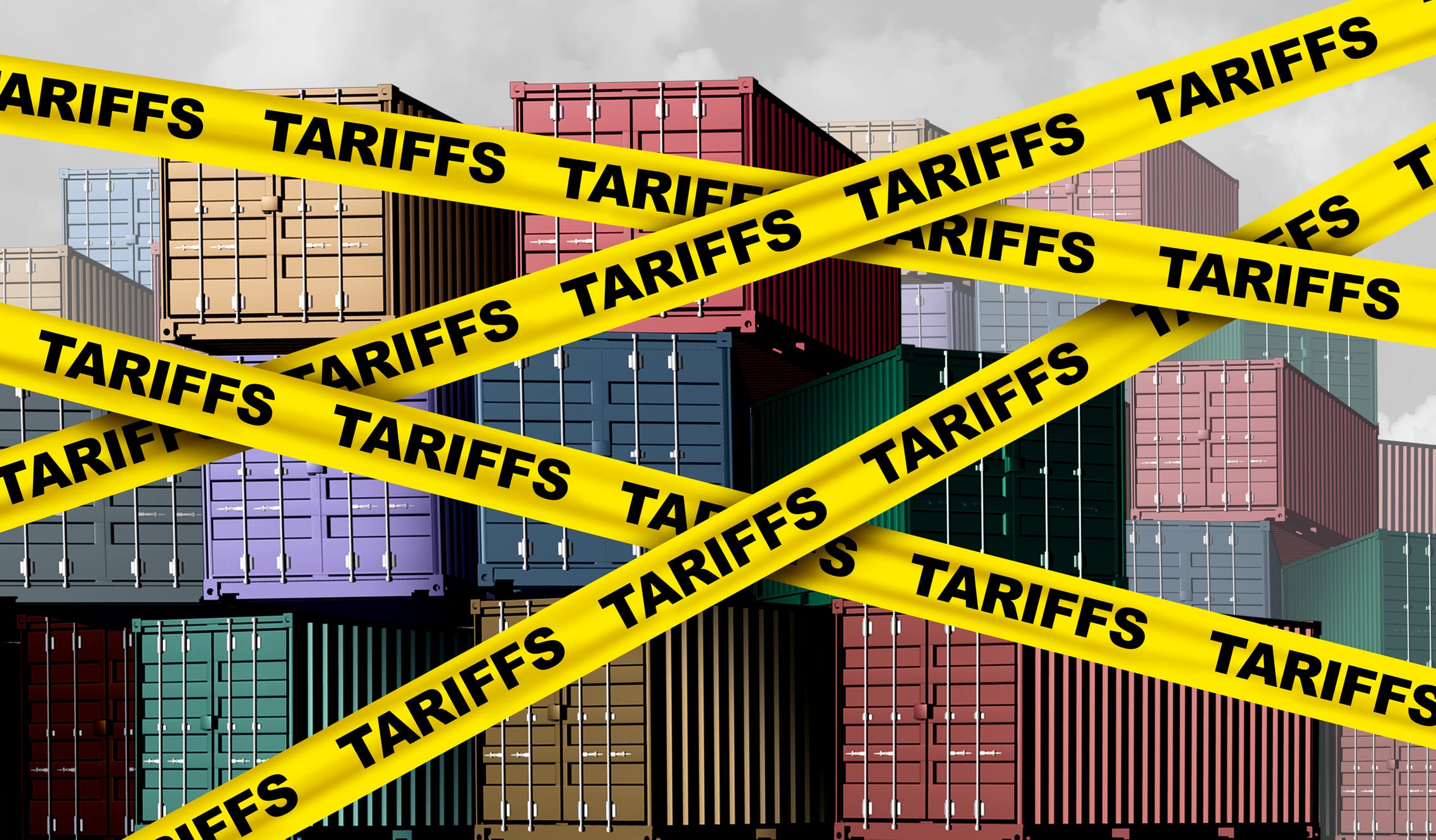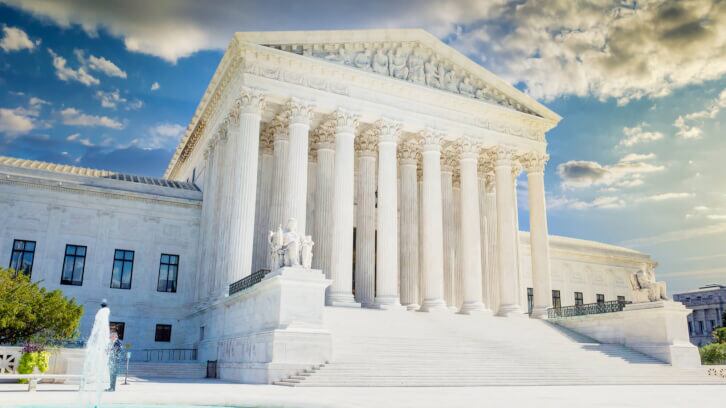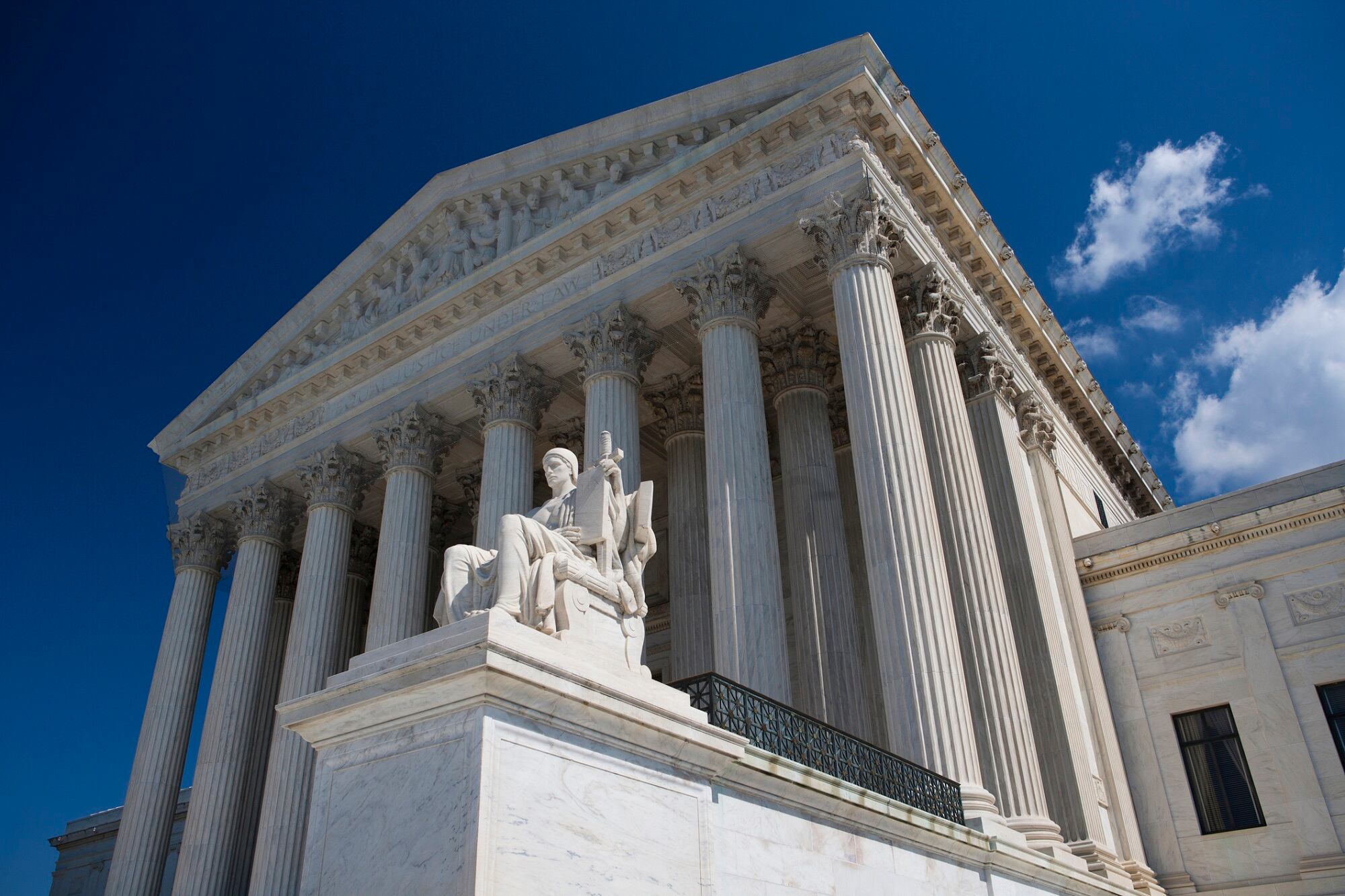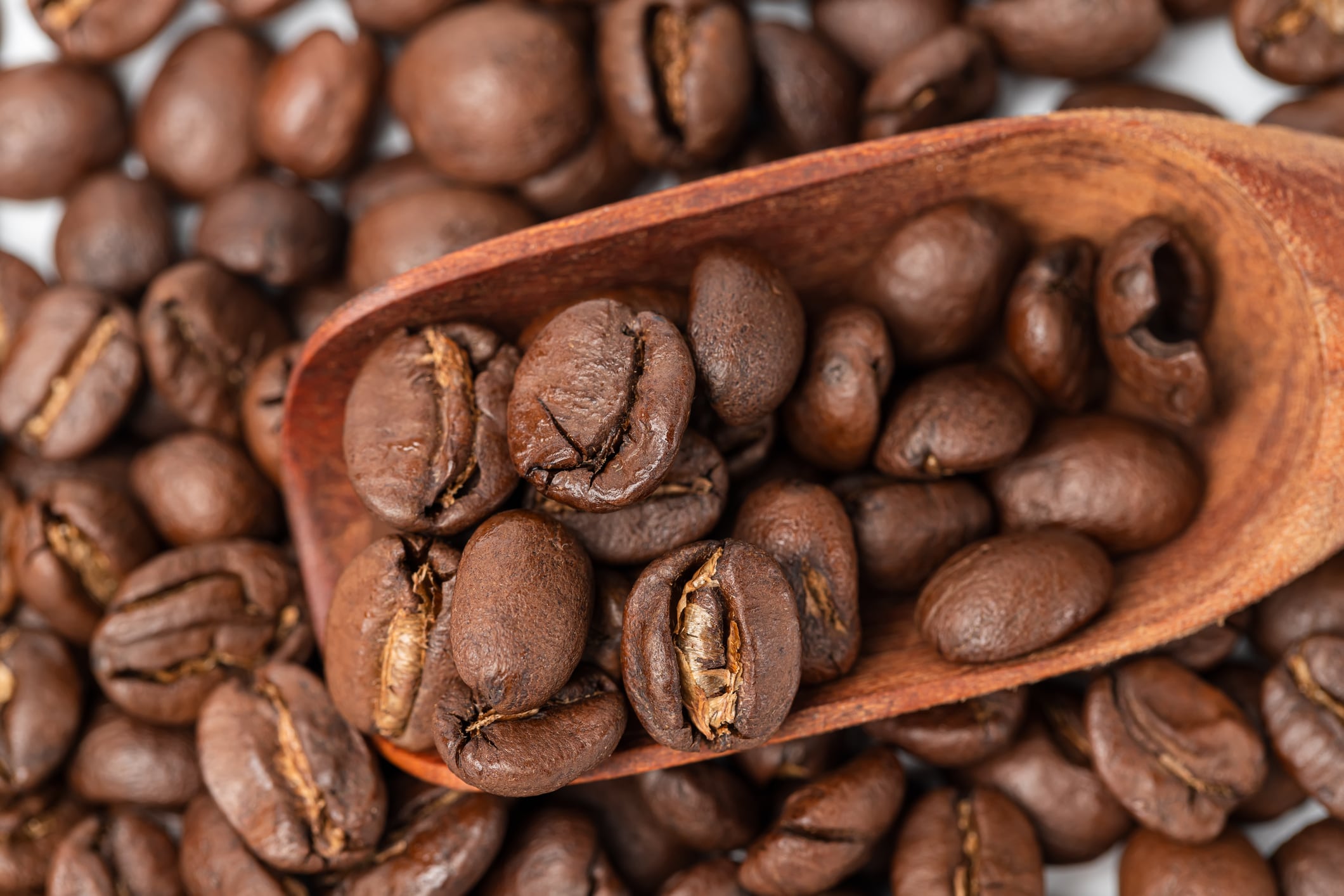President Donald Trump signed an Executive Order that rolls back tariffs on a range of agricultural products not produced in the United States, including coffee, tea, tropical fruits, fruit juices, cocoa, spices, bananas, oranges and beef.
“President Trump has now determined that it is necessary and appropriate to further modify the scope of the reciprocal tariffs. Specifically, certain qualifying agricultural products will no longer be subject to those tariffs, such as certain food not grown in the United States,” the White House said in a press release.
The administration noted that the modified tariff structure takes effect retroactively on Nov. 13, adding that the president has announced reciprocal trade agreements with Malaysia and Cambodia, and joint statements on frameworks for similar trade agreements with El Salvador, Argentina, Ecuador and Guatemala; Thailand and Vietnam; the United Kingdom and European Union, and Switzerland.
Industry praises ‘common-sense step’
The Consumer Brands Association praised the tariff rollback on products unavailable in the United States, noting that the decision will help address rising grocery costs, calling it a “common-sense step.”
“The makers of America’s favorite brands make up the largest US manufacturing sector by employment and source 90% of ingredients and inputs from American farms and suppliers,” said CBA President & CEO Melissa Hockstad “But some products – like coffee, cocoa, spices, tropical fruit and more – are simply unavailable in the US.”
Hockstad urged the administration to “continue to assess other types of critical inputs that are not readily available in the US, like palm oil and other products,” such as tin mill steel used to make food and aerosol cans.
“Consumer Brands looks forward to working with President Trump and his administration to protect the availability and affordability of everyday essential products and support the success of America First trade policy,” Hockstad said.
Are Trump’s tariffs legal?
The Executive Order comes as the administration awaits a decision from the Supreme Court on a challenge to the president’s authority to impose tariffs under the Emergency Economic Powers Act of 1977 (IEEPA).
Business and industry groups widely opposed the tariffs, including the US Chamber of Commerce and the National Retail Federation.
NRF Executive Vice President of Government Relations David French said in early November that the tariffs create “considerable uncertainty” for American businesses and consumers.
“Tariffs, which are paid by US importers, have had a significant impact on retailers both large and small,” he said.





